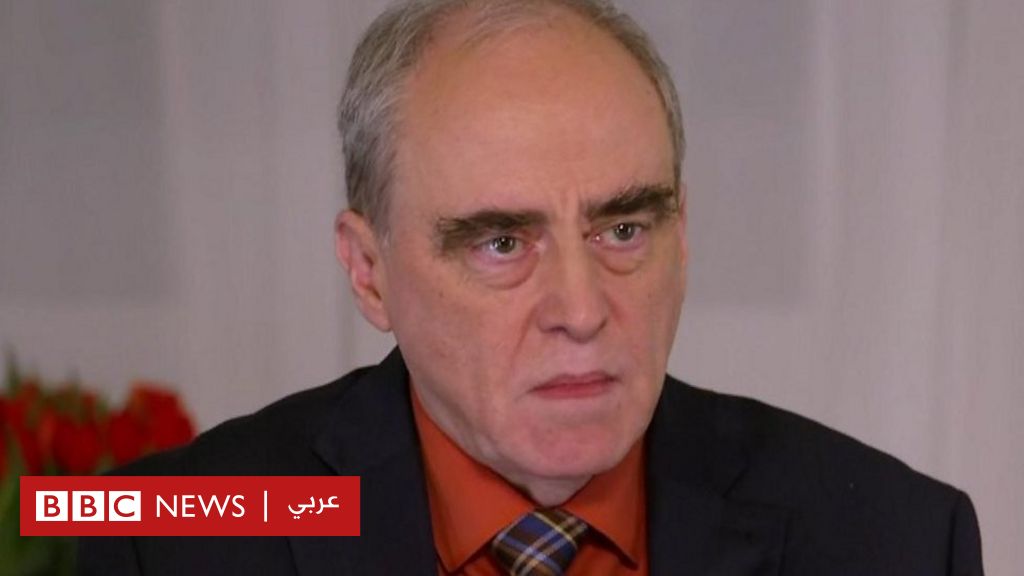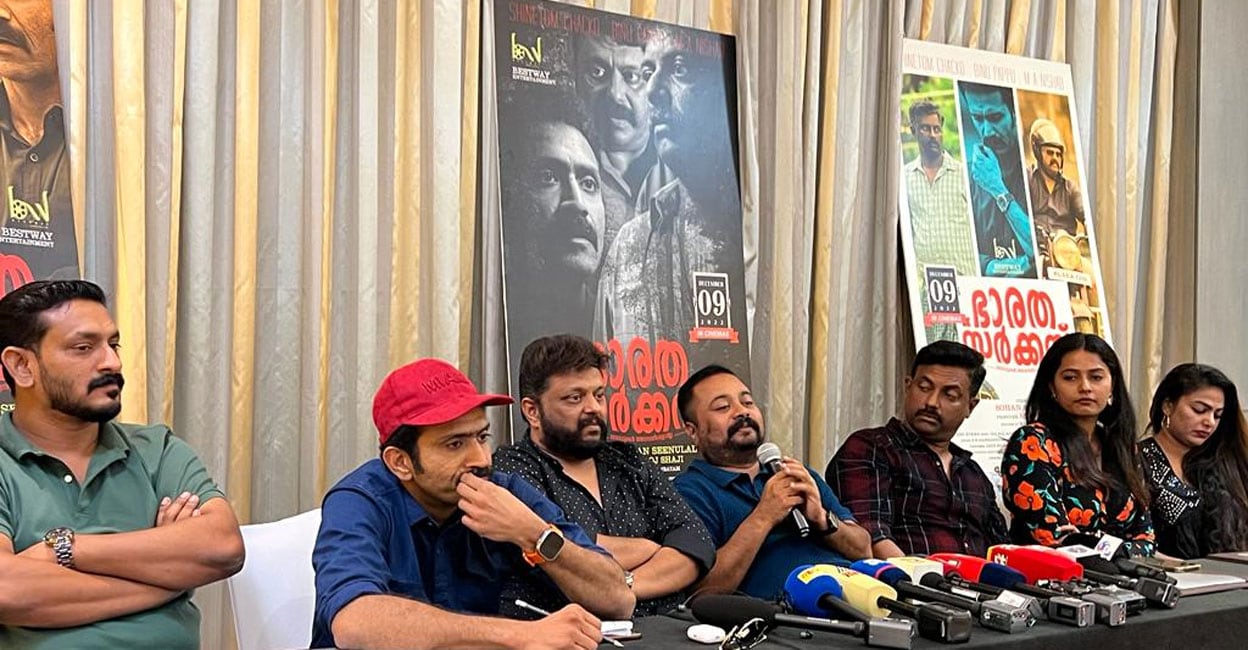- Charlie Haines – Lucy Ball
- BBC
Rachinsky: ‘In today’s Russia no one can be guaranteed personal safety’
Ian Raczynski, a Russian who won this year’s Nobel Peace Prize, said Kremlin authorities asked him to withhold the award.
Rachinsky, the head of Russian rights group Memorial, said he was asked not to accept the award because the other two co-winners – a Ukrainian rights group and a human rights defender imprisoned in Belarus – were deemed “inappropriate”.
Memorial is one of the oldest civil rights groups in Russia and was shut down by the government last year.
The Russian Foreign Ministry was contacted for comment.
In an exclusive interview with the BBC’s Hard Talk programme, Raczynski said his organization had advised against the award, but “of course, we didn’t listen to that advice.”
Despite threats to his safety, Raczynski said Memorial’s work remains essential.
“In Russia today, no one’s personal safety can be guaranteed. Yes, many have been killed. But we know what state impunity leads to… We have to get out of this hole somehow,” he said.
The human rights organization was documenting the historic Soviet crackdown.
Its first president, Arseny Roginsky, was sent to Soviet labor camps to conduct a so-called “anti-communist” study of history.
In announcing the award winners, the Nobel Committee said Memorial was founded on the idea that “addressing past crimes is essential to preventing new crimes from being committed.”
Raczynski called the committee’s decision to award the prize to winners from three different countries “fantastic”.
He said this is proof that “civil society is not divided by national borders and that it is a single body working to solve common problems”.
Oleksandra Matveychuk of Ukraine declined to be interviewed alongside Russian prize winner Rachinsky
But the decision to include a Russian winner of the award was controversial.
The woman who heads Ukraine’s Center for Civil Liberties – another winner of the award – declined to be interviewed alongside Rachinsky. The BBC spoke to them separately in Oslo.
When asked why she wanted to do the interview separately, Oleksandra Matveychuk told Hard Talk: “Now we are at war and we want to make the voice of Ukrainian human rights defenders visible.”
“So I’m sure that regardless of whether we do separate interviews, we convey and send the same messages.”
The Center for Civil Liberties was recognized for its work promoting democracy in Ukraine and investigating alleged Russian war crimes in the country.
Although she refused to speak for the Russian winner, Matveychuk praised Raczynski’s work and called Memorial “our partner”.
He said the organization had been helping the Ukrainian group for years, adding that it “deeply respects all its Russian human rights colleagues” who work in difficult conditions.
He also warned that without proper accountability for Russian crimes, peace will not be achieved in Eastern Europe.
Matveychuk has called for a new international tribunal to hold President Vladimir Putin and other Russians accountable for their actions in Ukraine, describing the current international justice system as insufficient.
“The question is, who will deliver justice for the hundreds of thousands of war crime victims?” he said.
Matveychuk also accused Russia of using war as a tool to achieve its geopolitical goals and of committing war crimes to win the conflict.
Alice Bialiatsky
The third Nobel Prize winner, Belarusian human rights defender Alice Bialiatsky, has been in prison in her country without trial since July last year.
He is the founder of the Viasna (Spring) Human Rights Center in Belarus, established in 1996 in response to a brutal crackdown on street protests by Belarusian leader Alexander Lukashenko.
Bialiatsky had spent three years in prison and was released in 2014.
Matveychuk described his co-winner (Bialyatsky) as “a very brave person, so he will continue this fight even in prison.”


